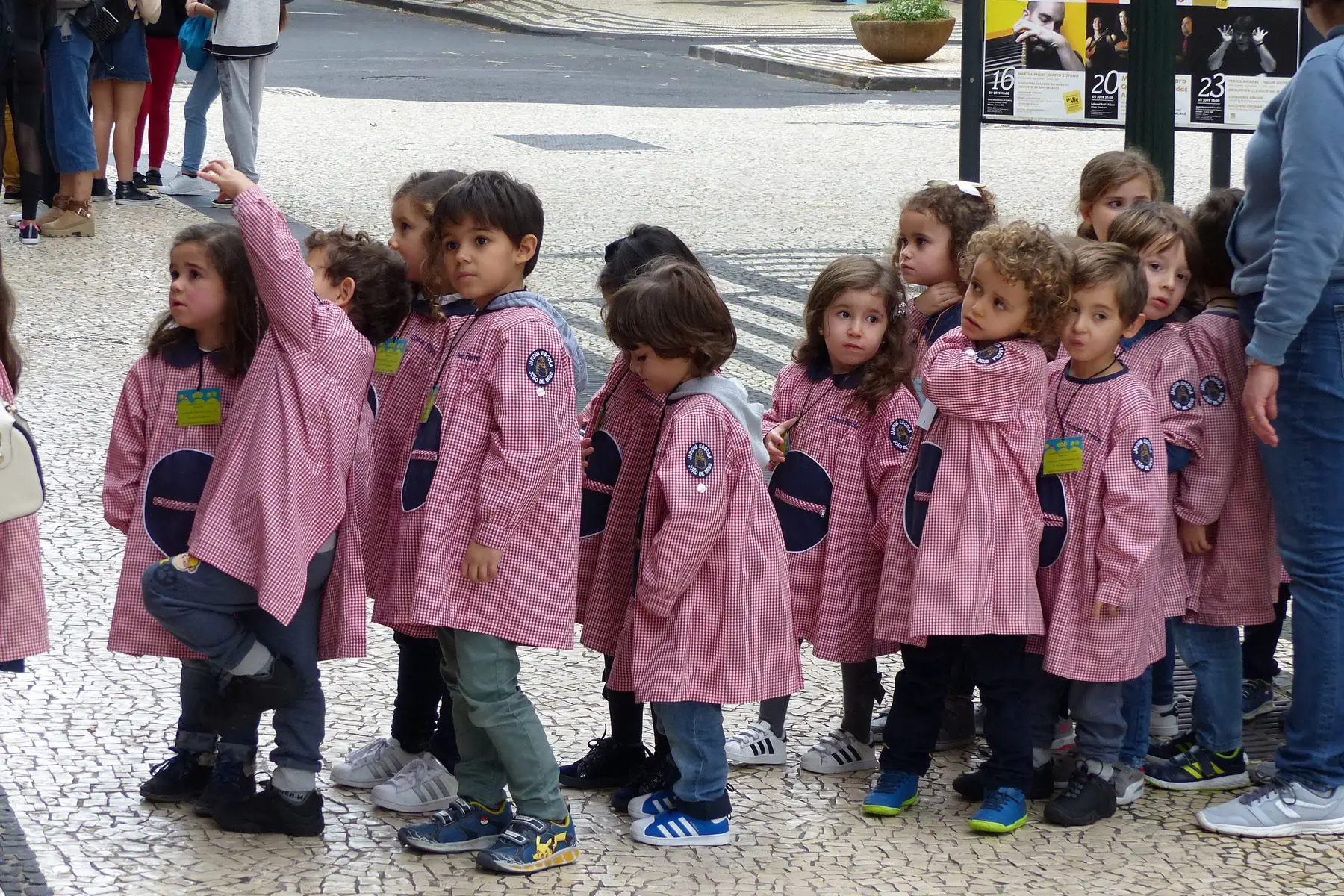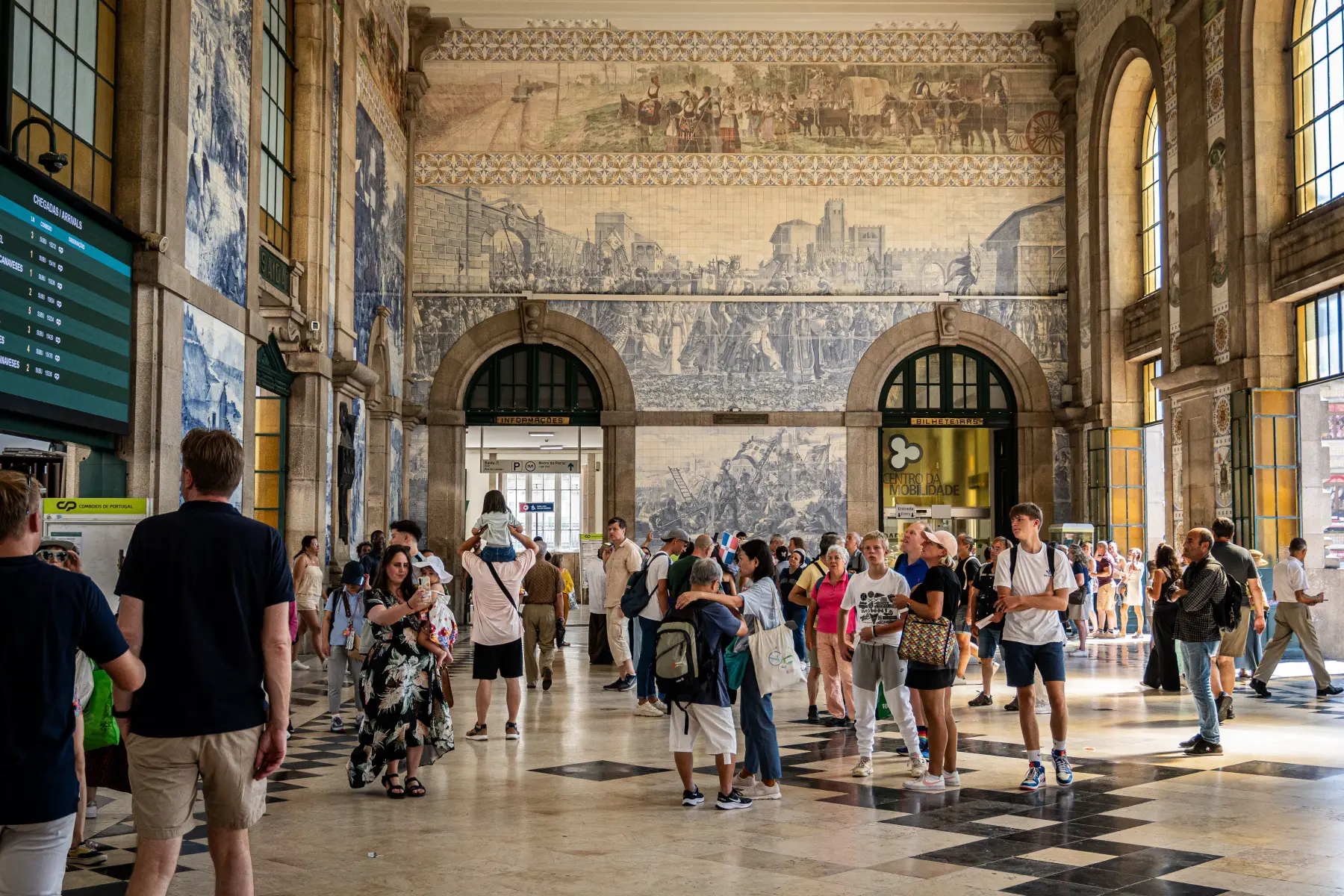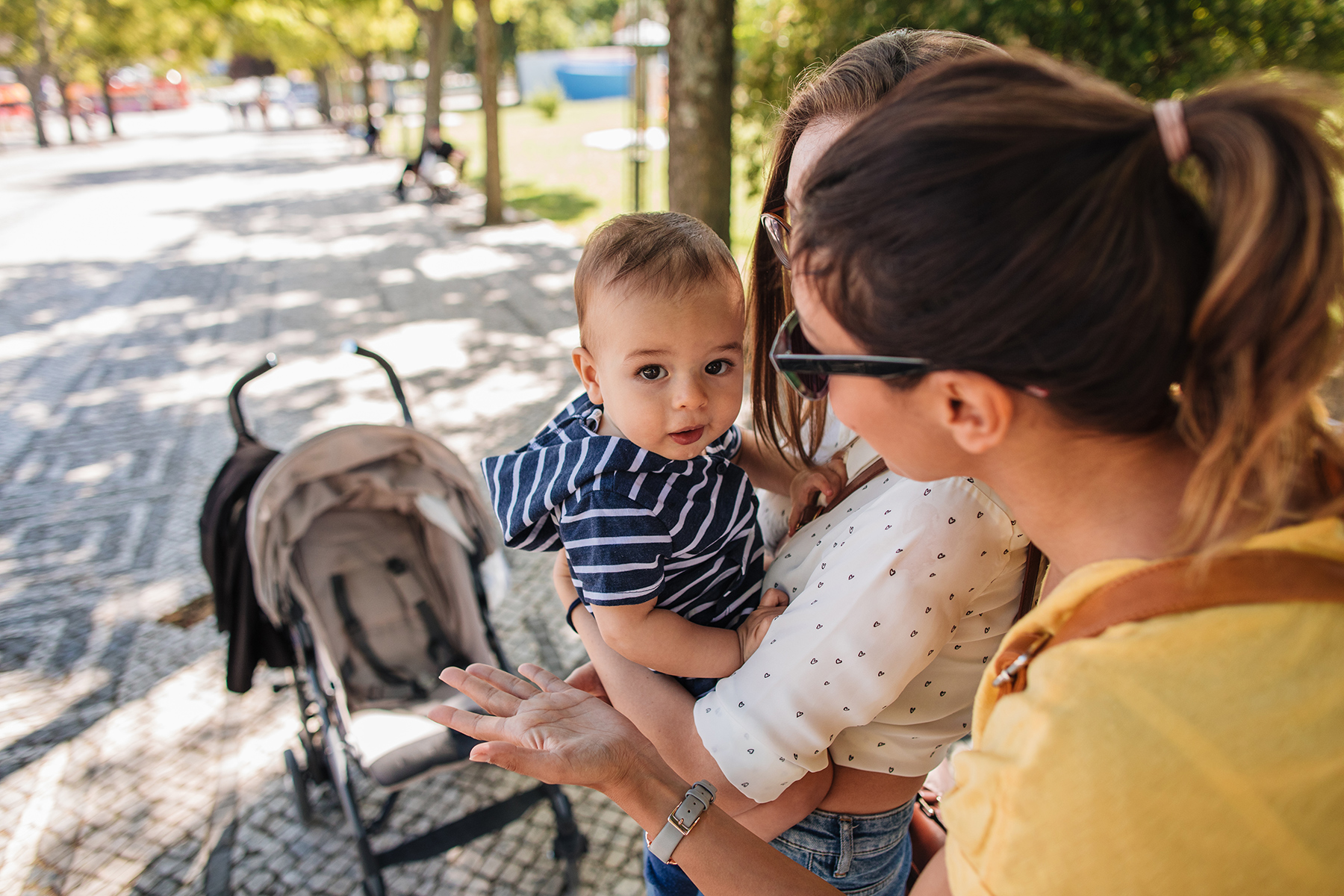Naturally, arranging daycare can be a concern for parents relocating to a new country with children. However, if you happen to be moving to Portugal with little ones, or decide to have a baby there, you will be pleased to know that the country offers a range of high-quality and affordable options. This includes a variety of daycare facilities as well as home-based care such as childminders and nannies.
To help you navigate your options, this article includes the following information:
- Childcare in Portugal
- Who can access childcare in Portugal?
- Preschool and daycare in Portugal
- Childminders and nannies in Portugal
- Au pairs
- Babysitters
- Employer childcare in Portugal
- Before- and after-school clubs
- Childcare during school holidays
- How to find childcare in Portugal
- Childcare costs in Portugal
- Childcare benefits in Portugal
- Children’s healthcare in Portugal
- Becoming a childcarer in Portugal
- Useful resources
Childcare in Portugal
Portugal sometimes gets grouped in with countries that rely on informal and family-based childcare, but in reality, it has a well-developed and highly-used childcare system for youngsters. In fact, nearly 40% of children under the age of two in the country use daycare for an average of 39 hours per week. This is among the highest among Organisation for Economic Co-operation and Development (OECD) countries.

Parents in Portugal can enroll their children in a nursery (berçário) from the age of three months to three years old and then move them to preschool/kindergarten (jardim de infância) until they start primary school at the age of six. Alternatively, they can choose a more personalized service such as a childminder or nanny.
There are both public and private daycare facilities to choose from in Portugal. However, public provision remains underdeveloped and many expat families opt for private nurseries and kindergartens where English-speaking sessions are more available.
The Portuguese government spends around 0.5% of its GDP on childcare and early education, which is below the OECD average of 0.8%. However, it recently agreed to phase in free childcare placements for children aged up to three, starting with free care for 0 to 1-year-olds in 2022–2023.
Portugal scores reasonably well in terms of its quality of childcare services, so much so that preschool teachers need ISCED 7 (postgraduate-level) qualifications. Furthermore, the staff-to-pupil ratio in Portuguese preschools is around 1:17, which is just above the OECD (1:15) and EU (1:14) averages.
Responsibility for childcare and early years education in Portugal is split between the Ministry of Labor, Solidarity and Social Security (Ministério do Trabalho, Solidariedade e Segurança Social – MTSS) and the Ministry of Education (Ministério da Educação).
Parental leave in Portugal
Mothers in Portugal get 90 days of fully-paid maternity leave after the birth of their child. They can also take an extra 30 days either before or after the birth. Notably, maternity leave is compulsory for the first six weeks after the birth.
Fathers, on the other hand, get 25 days of fully-paid paternity leave. This consists of five days that they must take immediately after the birth, 15 days that they must use within the first six weeks, and five additional days that they can take any time as long as it’s at the same time as the mother’s maternity leave. In addition to this, both parents can take extended parental leave for up to three months, each at a rate of 25% of their salary.
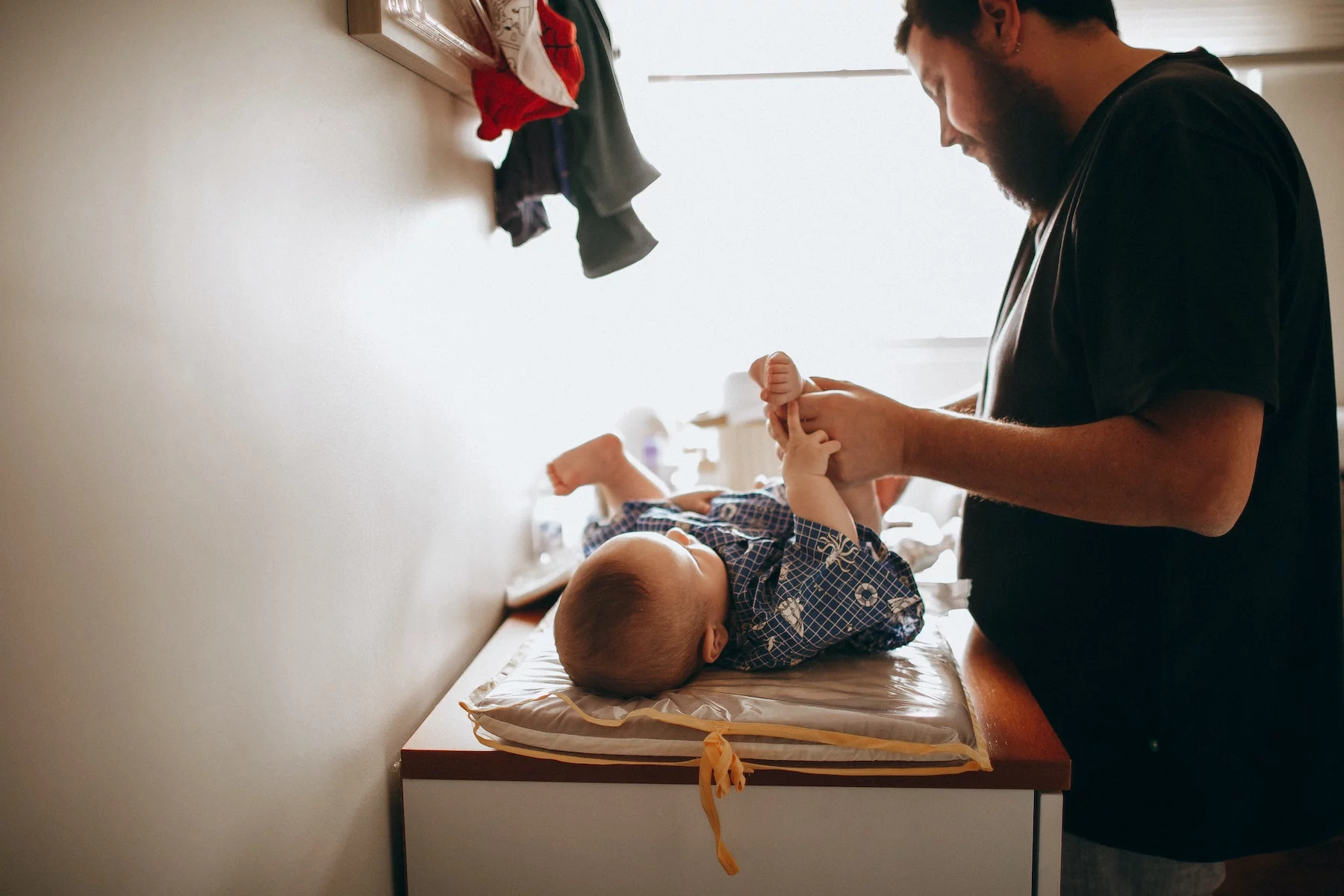
Unfortunately, according to OECD statistics, Portugal scores below average in terms of flexible working entitlements. In fact, only around 40% of Portuguese employers allow both flexible start/finish times and accumulated hours, with around 20% of employers allowing neither.
Who can access childcare in Portugal?
Importantly, you need to be a resident in order to access public childcare services in Portugal. Notably, all European Union (EU) citizens and those from the European Free Trade Association (EFTA – Iceland, Liechtenstein, Norway, and Switzerland) can access daycare services in Portugal.
Non-EU/EFTA nationals, on the other hand, usually need either a temporary or permanent residence permit. However, if you cannot access public services, there are many private carers and centers that you can use as long as you can pay the fees.
To receive parental allowance payments, you need to be a resident of Portugal and register for social security. Payments are usually based on social security payments, meaning that you will probably receive less if you haven’t made sufficient payments.
Preschool and daycare in Portugal
In Portugal, children as young as three months old can access early years daycare options and continue until they start school at the age of six. And while preschool classes are not mandatory, many families choose to take advantage of the local facilities on offer.
Nursery (crèche familiare)
Nurseries/crèches provide full-day care for children from the age of three months until three years and offer groups of around ten to twelve children. The staff on hand typically consists of childcarers, teachers, nurses, and social workers, and the emphasis lies on developing early social and communication skills, including outdoor play. Classes are typically divided into 0 to 1-year-olds and 1 to 3-year-olds. Typical hours are 09:00 to 15:00 but can be longer or shorter, depending on the facility.
Most nurseries in Portugal are private and parents have to pay fees. However, there is some funding for low-income families and the government is in the process of introducing free childcare for children under the age of 3 over the next few years.
Preschool/kindergarten (jardim de infância)
These centers are for children aged between three and six years old. Around 93% of Portuguese children attend preschools, which are staffed by qualified educators. Sessions focus on early learning skills including basic reading and writing. You can find public, private, and voluntary preschool centers across the country.

Public facilities are largely free, although parents usually have to pay for certain services such as meals. However, places at state centers are limited with low-income families being given priority in most areas. As a result of this, many expat families choose to send their children to a private kindergarten.
Notably, public and private preschools in Portugal are fairly similar in terms of content and hours and usually run from 09:00 to 15:00; although some may open later. However, class sizes do vary. For instance, the typical class size in a public center is 20 to 25 children whereas it’s only around 10 to 15 in a private center.
International childcare in Portugal
You can find international nurseries and preschools in Portugal that teach lessons in foreign languages such as English. However, these are usually in the private sector and are more expensive. Many international schools in Portugal include preschool care and accept children from around two or three years of age. If you are thinking of enrolling your children in an international school, this could be a good option. However, just bear in mind that fees are likely to be expensive.
Alternative daycare
Alternative educational establishments also offer daycare options. You can find both Montessori and Waldorf schools in Portugal which use different pedagogical approaches based on child-centered development, outdoor learning, and an emphasis on arts and creative pursuits.
Similar to other international schools, many of them offer placements from the age of two or three, making them a good preschool option if you are already considering sending your child to one of these schools for primary or secondary education.
Childminders and nannies in Portugal
Childminder and nanny – babá or sometimes ama (carer) – are interchangeable terms in Portugal. They are available through public and private services, with public childminders typically caring for children in their own homes or in a nursery, and private carers offering care for children in the family home.
Childminders and nannies are usually qualified with at least a child first aid certificate and will have police clearance. Public carers should be registered with the local authorities, however, there are private carers that are unregistered and who operate without qualifications. Therefore, it is very important to do your homework and conduct a thorough background check if you are considering hiring one.
Childminders in Portugal look after children until the age of three (before they move on to preschool) and can legally only care for a maximum of four at once.
Au pairs
If you are looking for daily childcare support on a more informal basis, it is possible to employ an au pair in your home in Portugal. Au pairs are usually young students from abroad who are looking for a placement with a family where they can learn the local language and integrate with the culture in exchange for providing home help. This includes domestic and basic childcare duties.

Au pairs usually live with a host family and provide around 25 to 30 hours of duties per week. In return, they receive a weekly or monthly allowance. They may also get free meals, payment for language tuition, and sometimes health insurance. You can find an au pair agency in Portugal through the International Au Pair Association (IAPA).
Babysitters
Babysitters are a more temporary and informal form of childcare in Portugal. Parents generally hire them for short periods of time when they don’t have family, friends, or neighbors available to look after their children. As such, they don’t need any form of qualification or regulation and can be anyone from teenagers looking to earn pocket money to retirees.
If you need a babysitter in Portugal, there are many agencies that provide these services and can supply sitters that have undergone a background check. Alternatively, you can use an online babysitter service such as My Babysitter to find available babysitters in your area. You can also advertise locally in shops, on social media, and on internet forums.
Employer childcare in Portugal
It is not common for workplaces in Portugal to provide childcare facilities. However, you may find that some larger international companies offer crèche facilities or childcare payments as part of their employee benefits package. Notably, it is worth asking your employer about this if you are unsure, as some provisions might be on a first-come-first-served basis.
Before- and after-school clubs
If you have school-age children, you can find before– and after–school clubs at many primary schools in Portugal to help with out-of-hours care. On average, 48% of 6 to 11-year-olds in Portugal enroll in out-of-hours care, which is the sixth-highest in Europe.
Before-school clubs will typically be breakfast clubs that start around 08:00 or sometimes earlier. After-school clubs, on the other hand, are available later in the day and usually revolve around leisure activities such as sports, chess, drama, or sometimes homework or revision. You will need to enquire with your child’s school to see what childcare options they provide.
There may also be other local youth groups that provide after-school activities, either independently or through school contracts. Notably, while the costs for these vary, there is support available for low-income and disadvantaged families.
Childcare during school holidays
It is important to be aware that daycare is limited during holiday periods in Portugal, compared to other European countries. In fact, most of the state-run nurseries, preschools, and schools shut down, especially during the vacation period in the summer. As a result of this, many families end up relying on relatives such as grandparents to look after their children during work hours. Alternatively, they might choose to take their annual leave during these busy periods and use it for seasonal family vacations.
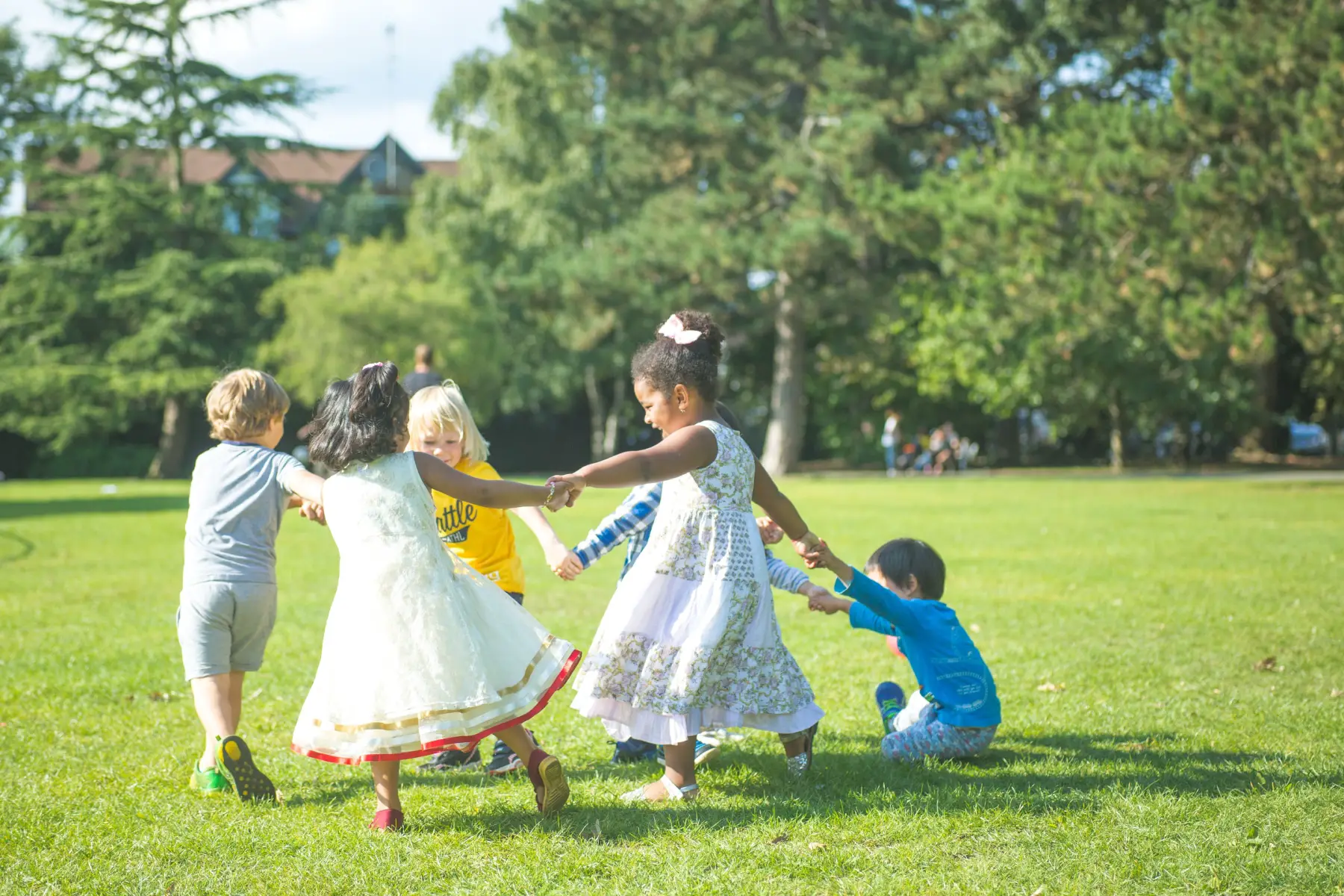
That said, private daycare facilities and international schools often run special services, such as summer camps, during holiday periods. These are usually for pupils who attend the facilities so it’s always worth checking to see what is available before enrolling. However, just bear in mind that you will need to pay for these. Some preschool daycare facilities, such as Academia dos Miúdos (Kids’ Academy), also run services all year round and occasionally have extra spaces which are worth looking into.
You can also find private summer camps in Portugal that run activities during the summer holidays, such as Campo Aventura and Nomad Surfers. These are typically for primary and secondary school kids.
You can search for activities on Páginas Amarelas (the Portuguese Yellow Pages).
How to find childcare in Portugal
Your first step to accessing state-run childcare services in Portugal is to register your child in the social security system. This means that they will be eligible for a placement at a public nursery or preschool. You can find information about local nurseries and childminders at your local social security office (in Portuguese). For state preschool, you will need to enroll your child online.
You can use the following resources to search for private childcare in Portugal:
- Directory services such as Páginas Amarelas
- The Expatica business directory for Portugal, which has information on daycare, after-school clubs, and summer camps
- Websites such as Nanny Poppins and MyBabysitter for childminders, nannies, and babysitters
- The IAPA Member Search to find au pair agencies in Portugal
There are a number of different factors to consider when looking for childcare services in Portugal, such as:
- Location – is it in a reputable, safe neighborhood, and how far will you have to travel to and from the facility?
- Fees – how much does it cost and can you get any funding to cover costs?
- Quality of care – what is on offer and what is the feedback like from other users?
- Which languages services are provided in – most public providers will deliver services in Portuguese but you can find foreign-language services in the private sector
- Parental involvement – can parents get involved or become board members of the facility?
- Holiday provision – what is offered during summer holidays and other holiday periods?
- Philosophy or approach – if you are looking for an alternative pedagogical approach, such as Waldorf or Montessori, or something with a religious underpinning
Childcare costs in Portugal
Childcare costs in Portugal are relatively low compared to many other countries. In fact, according to OECD figures in 2021, full-time care for two children aged 2 to 3 costs just over 20% of the average weekly earnings. However, this declines to around 4% when you take into account benefits and subsidies, which is below both the EU and OECD averages.
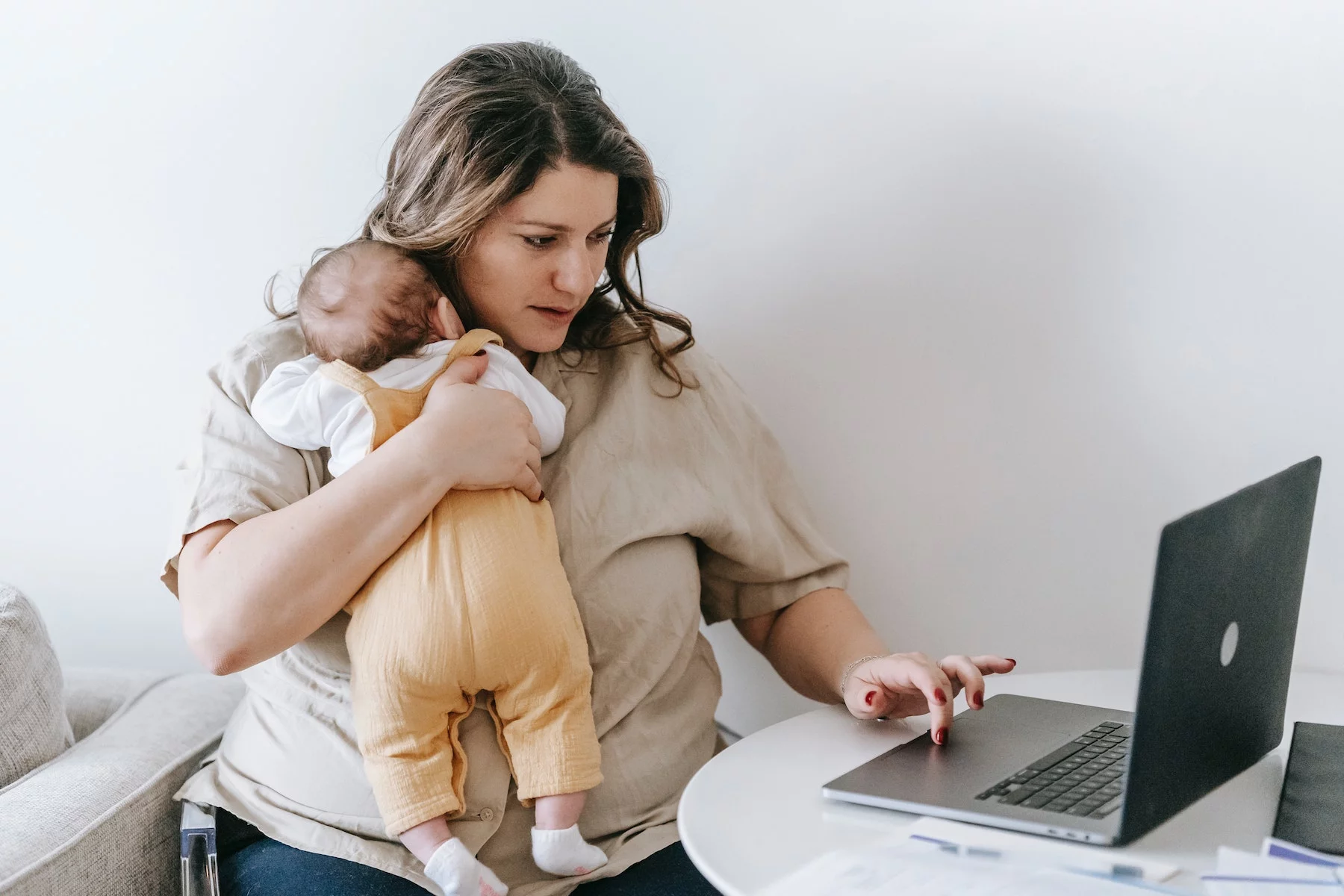
Payment rates for childcare in Portugal are usually based on family income. Most public provision is free apart from contributions towards things such as meals, which usually amount to around €50 a month.
Here is what you can expect to pay for private childcare in Portugal:
- Nurseries and preschools – can range from around €350 to over €1,800 a month. The average cost of preschool/kindergarten is currently €338 a month, which is the 34th highest globally.
- Childminders and nannies – typically around €9 an hour, or €10 to 12 an hour after-school and on weekends. Typical costs are €1,000 to 1,600 per month for a full-time nanny working 8 to 10 hours a day. This goes up to €1,600 to 2,400 per month for a live-in nanny working 5 or 6 days per week.
- Au pairs – around €200–400 a month plus food and accommodation
- Babysitters – an average of €6.44 per hour, but this can vary depending on whether the babysitter is booked through an agency or not
- Out-of-hours school clubs – around €80 a month
Childcare benefits in Portugal
When it comes to family benefits, Portugal is a relatively low-spender, contributing just under 2% of its GDP towards family assistance measures. Having said that, its assistance programs are targeted toward those most in need, and low-income groups and families with children with disabilities receive higher levels of support.
In terms of childcare funding, the state provides free preschool daycare for children aged 3 to 6. However, places are limited, and lower-income families and children with special educational needs (SEN) are given priority. That said, the Portuguese government is in the process of increasing this free public provision for children under three years old, with daycare being made available for all preschool age groups by 2025. Once again, though, places will be limited and those most in need will be prioritized.
Types of benefits and allowances
In addition to the parental allowances mentioned earlier, benefits and allowances in Portugal include:
- Family allowance/child benefit (abono de familia) – payable for the education and support of children aged up to 18 (or 24 if still in high-level education or disabled). Entitlement is based on income, the age of the child, and the number of children in the family/household.
- Prenatal family allowance (abono de familia pre-natal) – payable for pregnant women from the 13th week of pregnancy, usually available for up to six months and based on income; the amount is currently between €97 and 150 a month.
- Benefit to care for a child with disabilities, chronic disease, or oncological illness – up to 65% of salary costs payable for a maximum of six years
To claim child benefits or any of the family allowances in Portugal, you will need to be registered for social security. You can find more information on the Portuguese social security website (Segurança Social), the ePortugal portal, and the EU page on family benefits in Portugal.
Tax allowances
There are also a number of deductions you can include in your tax return relating to the support and care of your children, including:
- €600 for each child aged over three
- €726 for each child aged under three (or €900 if it is the second or subsequent child)
- €1,187 for each child with disabilities
- 35% of general family expenses for each child, up to a maximum of €250
You can find more information on the ePortugal portal and our article on the tax system in Portugal.
Children’s healthcare in Portugal
Children in Portugal are entitled to free public healthcare, including free vaccinations and preventative dental care. If you are a resident of Portugal and registered for healthcare, your child will automatically get entitlement to treatment from a family doctor. There are also a number of child healthcare specialists in Portugal, such as pediatricians.
You can also choose to use private healthcare services for children. This involves paying fees or taking out private health insurance. However, benefits include being able to access specialist care without a GP referral. Of course, insurance quotes will vary according to your child’s medical needs.
Some of the main international health insurance providers that operate in Portugal include:
Becoming a childcarer in Portugal
You will typically have to undergo four years of polytechnic or university training in order to become a professional carer in a nursery or preschool in Portugal. Some facilities also offer junior or assistant jobs where the minimum level of training is typically child first aid.

You can set up a daycare facility in Portugal but you will need the relevant licenses from the Ministry of Education and the Ministry of Labor, Solidarity and Social Security. In addition to this, you will need to decide on your organizational structure – for example, do you want to set up a private business or a non-profit charity – and write a business or development plan.
Childminders or nannies looking after children in their own Portuguese home will need to be at least 21 years old and should complete at least child first aid training. Those providing public childcare usually have to undergo additional training and register with the local authorities.
If you want to adopt a child in Portugal, you need to be a Portuguese resident and must be aged between 25 and 61 (or 30 and 61 if you are single). Your relationship, if you are in one, should be at least four years. Typically, you will also need to provide a medical certificate, undergo a criminal records check, and have a NIF number. You should apply through your local security center office (in Portuguese). You can find more information about this on the ePortugal website.
Useful resources
- ePortugal – a government website portal that offers information on a variety of topics relating to having a child in Portugal
- Segurança Social – the Portuguese social security website which provides information about public support and services available in Portugal


